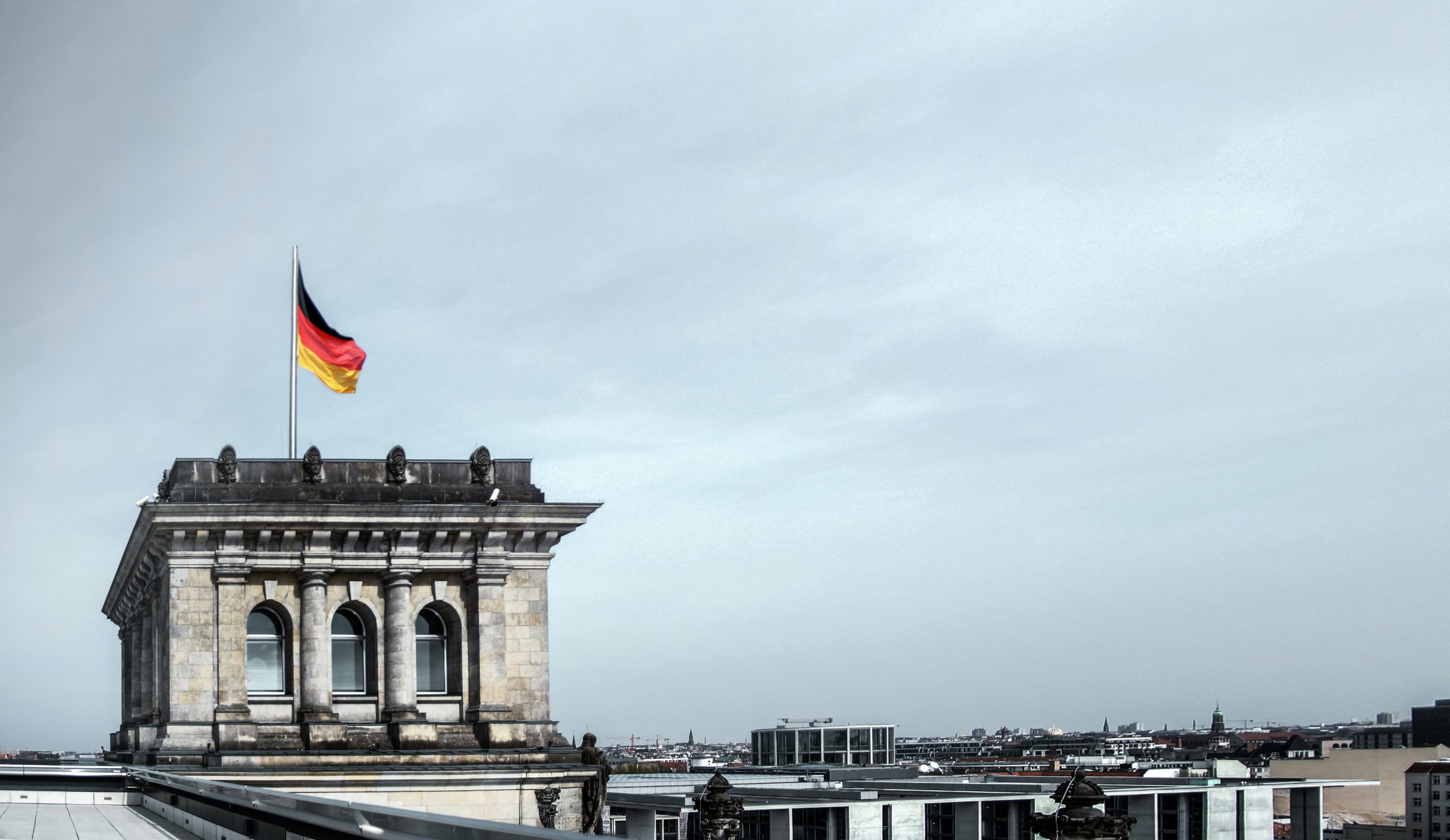
Germany warns coronavirus risk remains high as economies reopen. Chancellor Angela Merkel says that the pandemic is far from over.
Fears of a second wave of coronavirus are rooted in regional outbreaks. Two of the largest US states had to reimplement some coronavirus restrictions amid a rise in new infections.
Merkel announced in her weekly video podcast that she is prioritizing Europe’s economic recovery as Germany leads the rotating European Union presidency next week. However, she pointed out that everyone shared a “joint responsibility” in observing social distancing, mask wearing and hygiene protocols as lockdown rules are lifted.
German authorities reinstated a lockdown in a western region of about 500,000 people last week after about 1,300 slaughterhouse workers contracted the coronavirus, in an effort to stop the outbreak from spreading across the area.
Germany has reported nearly 195,000 coronavirus infections and 9,000 deaths, with more than 177,000 recoveries, based on Johns Hopkins University's tally.
“The risk posed by the virus is still serious,” Merkel said. “It’s easy to forget because Germany has gotten through the crisis well so far, but that doesn’t mean we are protected, that the risk has been averted; that is not the case, as is demonstrated by these regional outbreaks.”
Lockdown protests
In May, Germany faced an avalanche of protests. The fatigue over quarantine measures has spread in Berlin, Stuttgart, and Munich.
Stuttgart saw a gathering of more than 5,000 people. Police had to assign protesters to different areas in order to observe social distancing measures, according to public broadcaster Deutsche Welle.
Meanwhile, around 1,000 people were present at the site of the now-canceled Oktoberfest beer festival. Berlin had over 1,000 police managing demonstrations at several areas, according to Reuters.
Most protests were reportedly peaceful. However, some have displayed right-wing slogans and anti-Semitic conspiracy theories. Some conflicts between these protesters and counter-protesters also arose.
Demonstrators expressed dissatisfaction with government policies, describing them as un-democratic. They also lamented restrictions on civil liberties and the lack of scientific backing for some measures, such as the wearing of face masks.
“We see a trend that extremists, especially right-wing extremists, are exploiting the demonstration,” Thomas Haldenwang, the president of Germany’s domestic intelligence agency, the Bundesamt für Verfassungsschutz (BfV), said in an interview with the Welt am Sonntag newspaper.
He said that people must be cautious about internet coronavirus conspiracy theories spreading into the real world. The paper quoted North Rhine-Westphalia’s Interior Minister Herbert Reul saying “there are a lot of wolves in sheep’s clothing trying to sneak into the middle of society with their anti-democratic slogans.”
Germany's economy
The German economy dropped by 2.2% during the first quarter of the year. The coronavirus pandemic has shoved the European country into recession.
Germany’s 2.2% fall in the first quarter of this year was considered the biggest quarterly decline the country has experienced since 2009, under the global financial crisis.
Experts do not consider the decline as bad as what other neighboring countries have recorded. France reported a 5.8% drop while Italy’s economy plunged by 4.7%.






